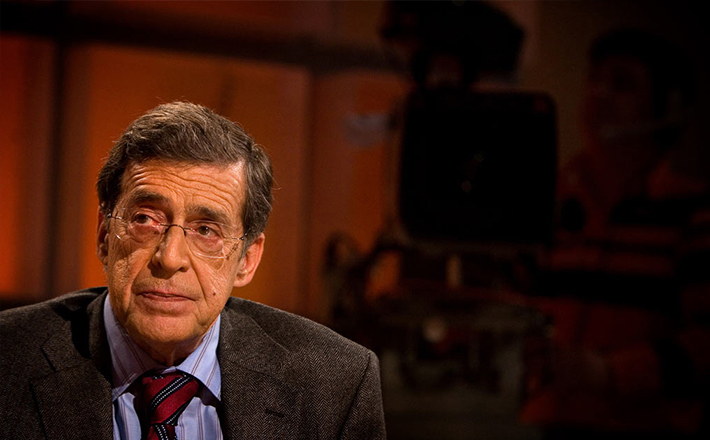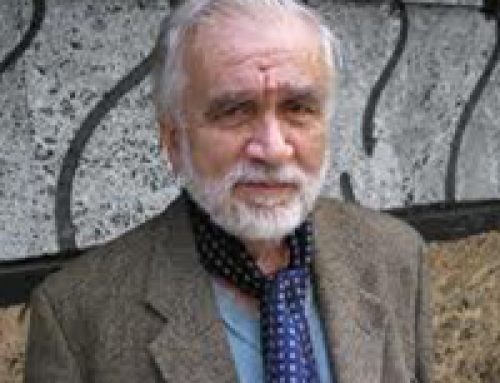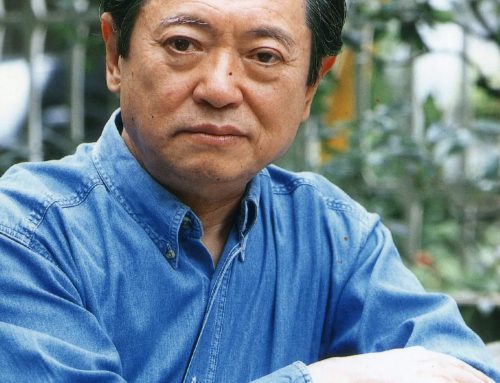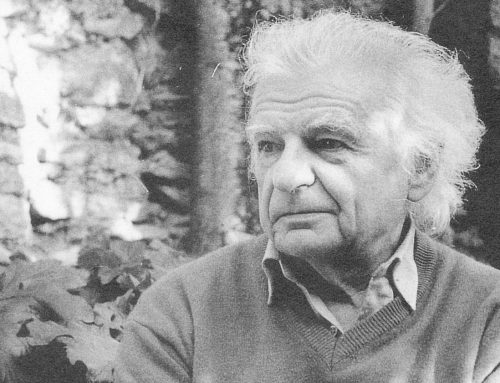With profound sorrow we have received the news that yesterday, on the 27th of April, after a long and difficult illness, passed away the famous Portuguese poet, novelist, essayist, playwright, chronicler and translator – Vasko Graça Moura, the Winner of the “Golden Wreath” Award of the Struga Poetry Evenings of 2004.
He was born in Porto on the 3rd of January, 1942. He studied law and was a prominent figure in Portugal’s and Europe’s social and political life. He was a director of many highly prestigious institutions in Portugal, from the national television, to cultural and art institutions. But, despite this part of his life, because of his creative work, he is considered one of the most renowned modern Portuguese poets.
Driven by the poetical principle that everything can be transformed into literature, his poems are an attempt of a poetic transfiguration of the banal. The poetry through intertextuality and cultivated perception strives towards literary conversion of reality. His recognizable “casual” style would grow into a specific “narrative poetry”, which very often represents its own outpour of the lyrical, the aesthetic colloquialialism, through which that prosaic style contains all the styles, it even recycles and incorporates the technical dictionary of the West. The verse becomes an expression of experience, of memory, of the transient practice through a personal, biographic emphasis. Some of the poems are meditative emphases of art and music, others are inspired by historical and literary persons, and are even intensely personal poems connected to great, humanistic problems.
As a poet, he gained recognition with the book Modus which changes (1963), followed by, among others, English week (1965), December and other poems (1976), Recitatives (1977) Instruments of Melancholy (1980), A concert in a field (1993), Family sonnets (1995), Poems with persons (1997), Testament of VGM (2001). As a novelist he has published: Four last poems (1987), The shipwreck of Sepulveda (1988), Sophonisba leaving at six and twelve in the morning (1993) The death of Nobody (1998) My love, it was night (2001). As an essayist, he has published the books: Luis de Camoes: several challenges (1980), Several voices (1987), Portraits if Isabel and other attempts (1994).
Beside those, he has published two plays: The change of the boys to hit (1987) and The act of Mofino Mendes (1994); one journal: Lived Circumstances (1995); three chronicle books: Papers of a journal (1997), Against Bernardo Soares and other observations (1999) and Pages of Porto (2001); and one children’s book: The boots of the sergeant (2001).
As a translator, Vasko Graça Moura has translated, among others, Shakespeare, Rilke, Garcia Lorca, Walter Benjamin and New Life and the Divine comedy by Dante Alighieri. He has won the “Pesoa” award for the last one in 1995.
Struga Poetry Evenings.














